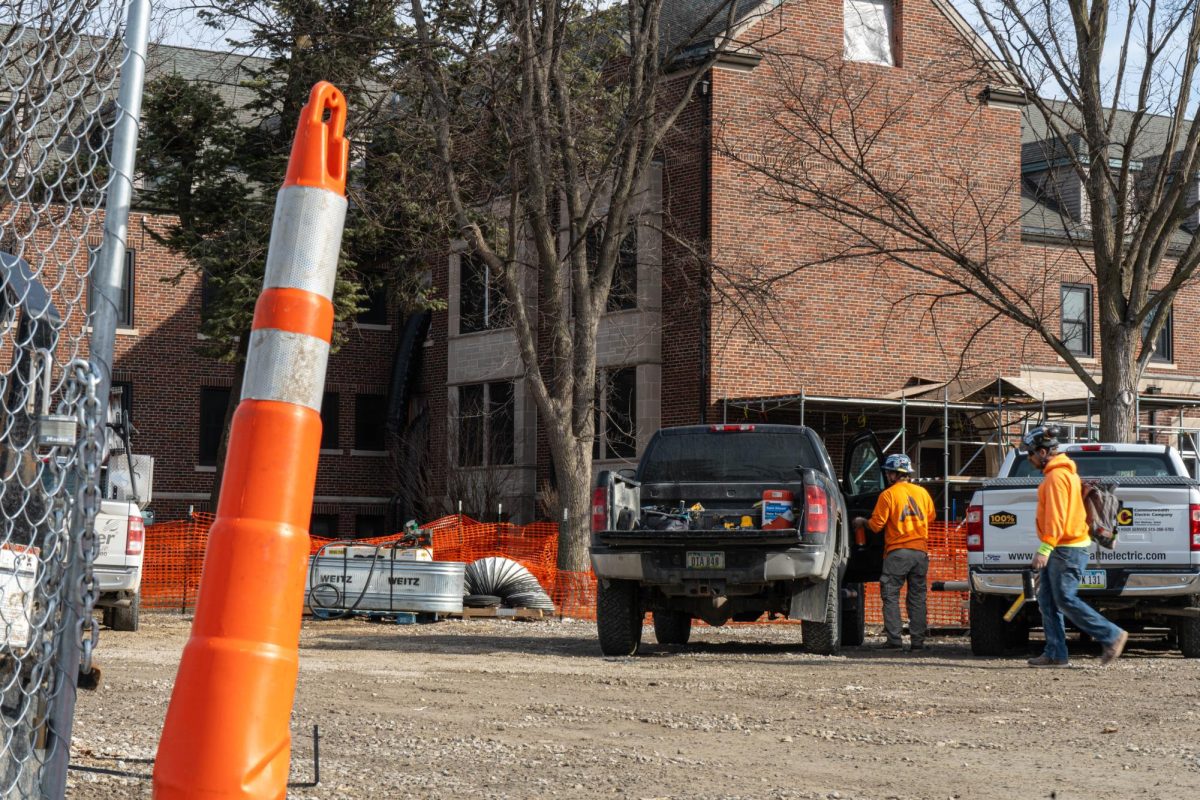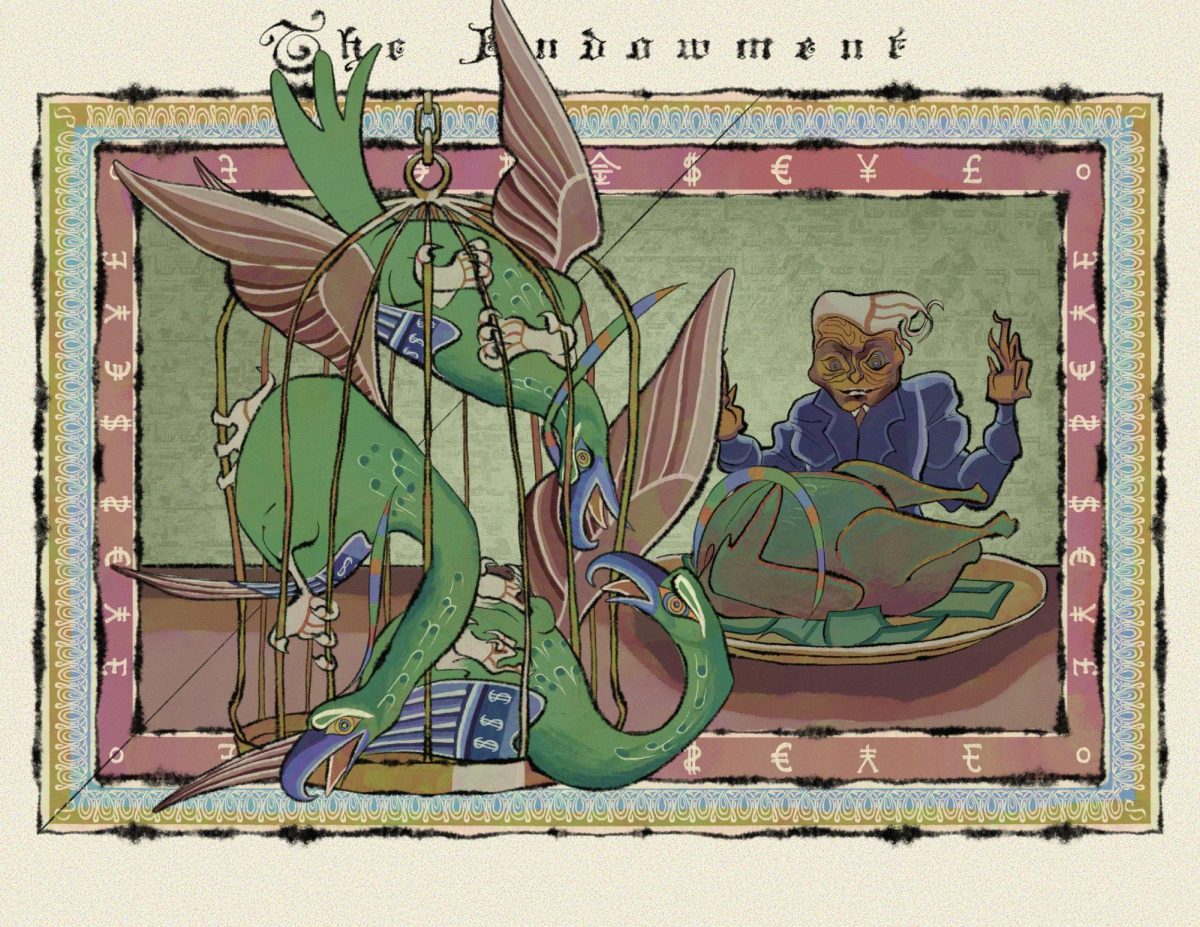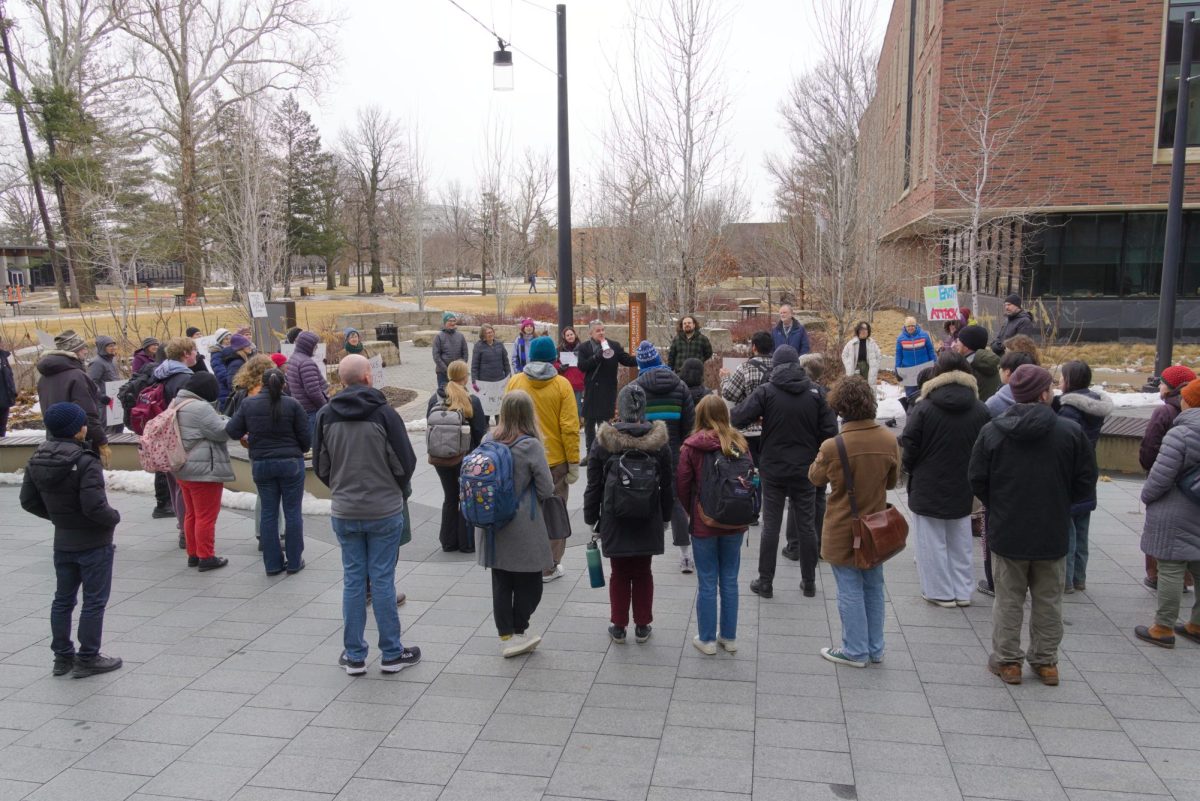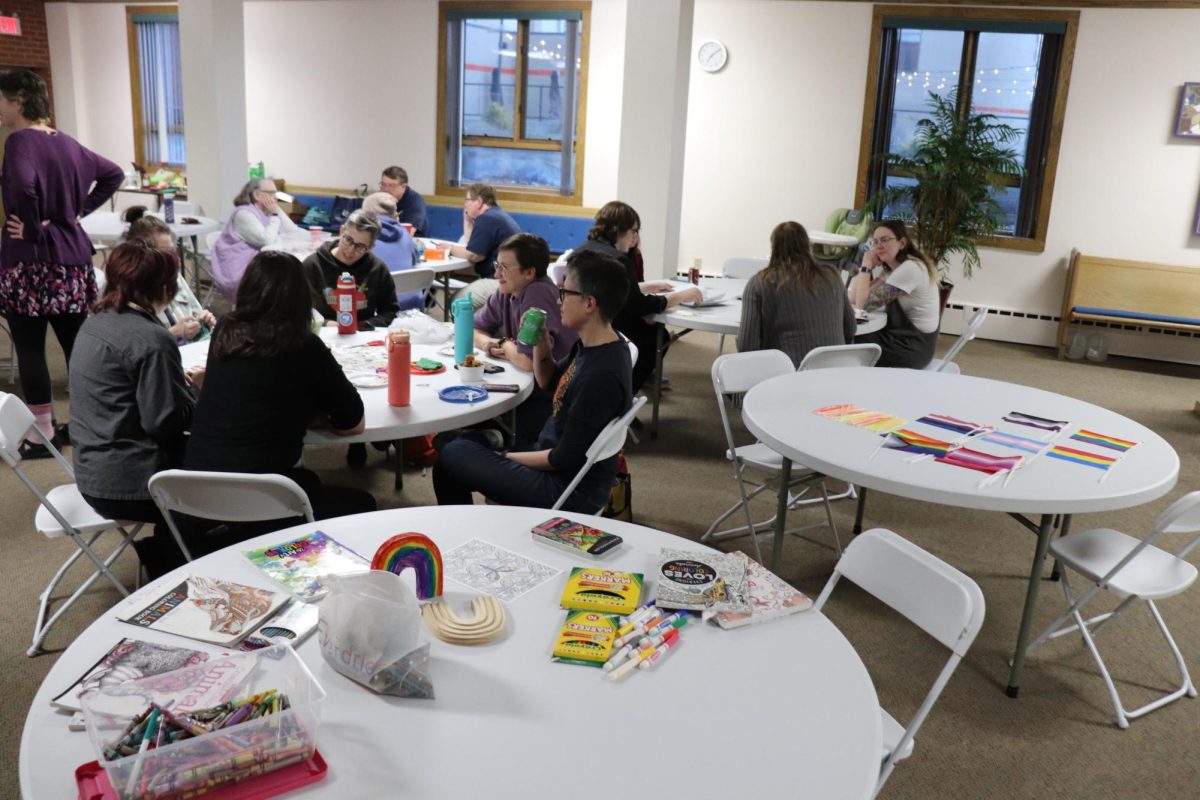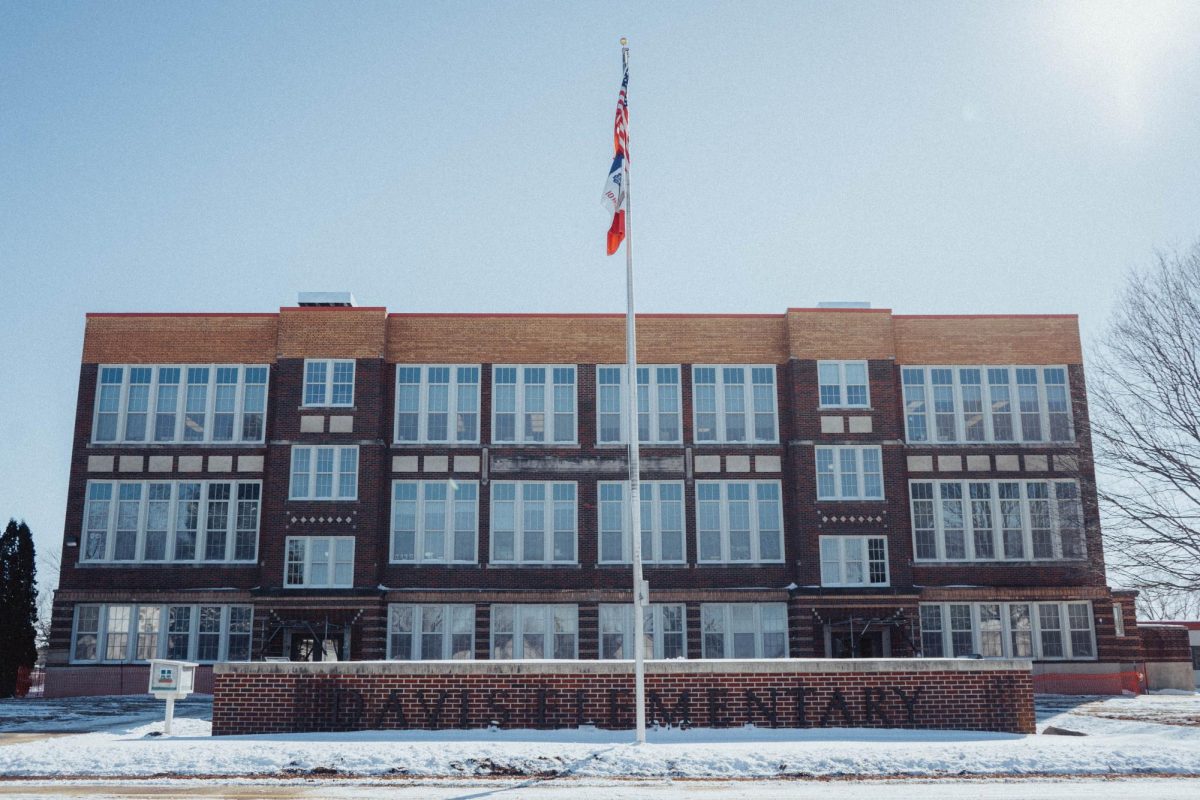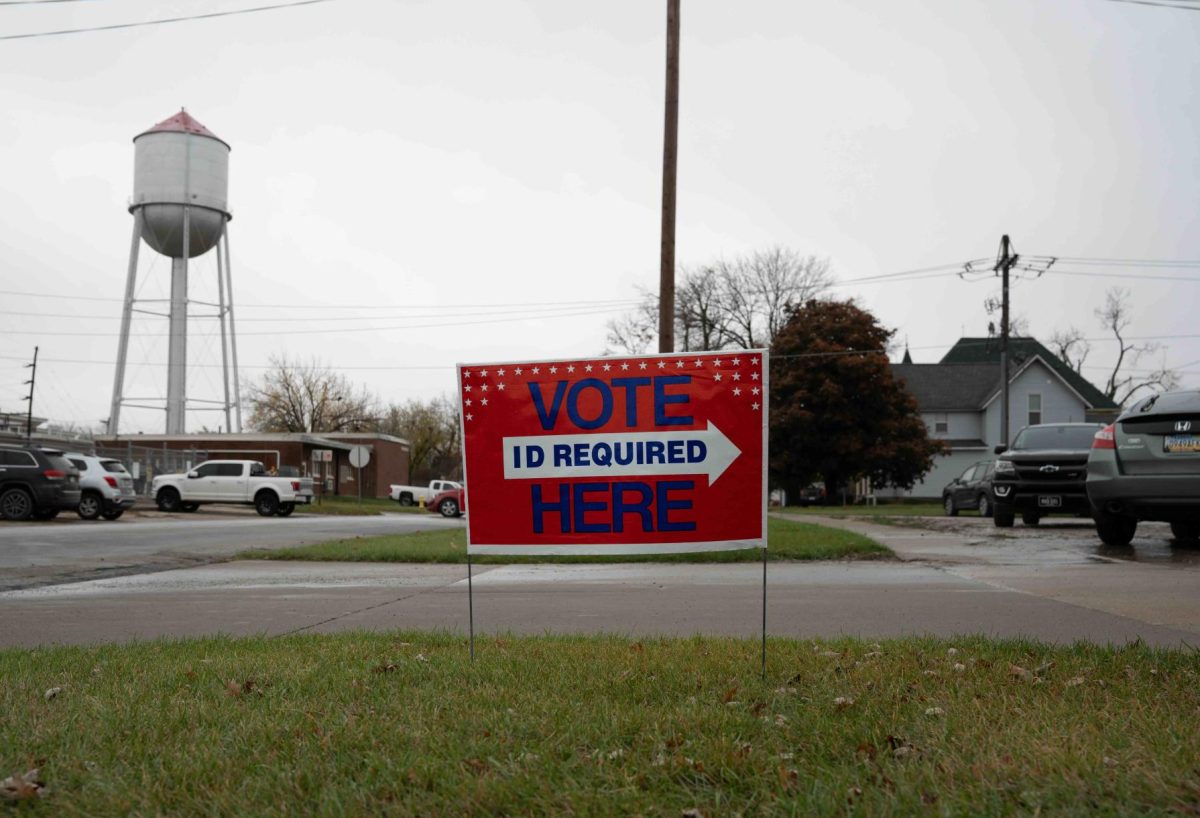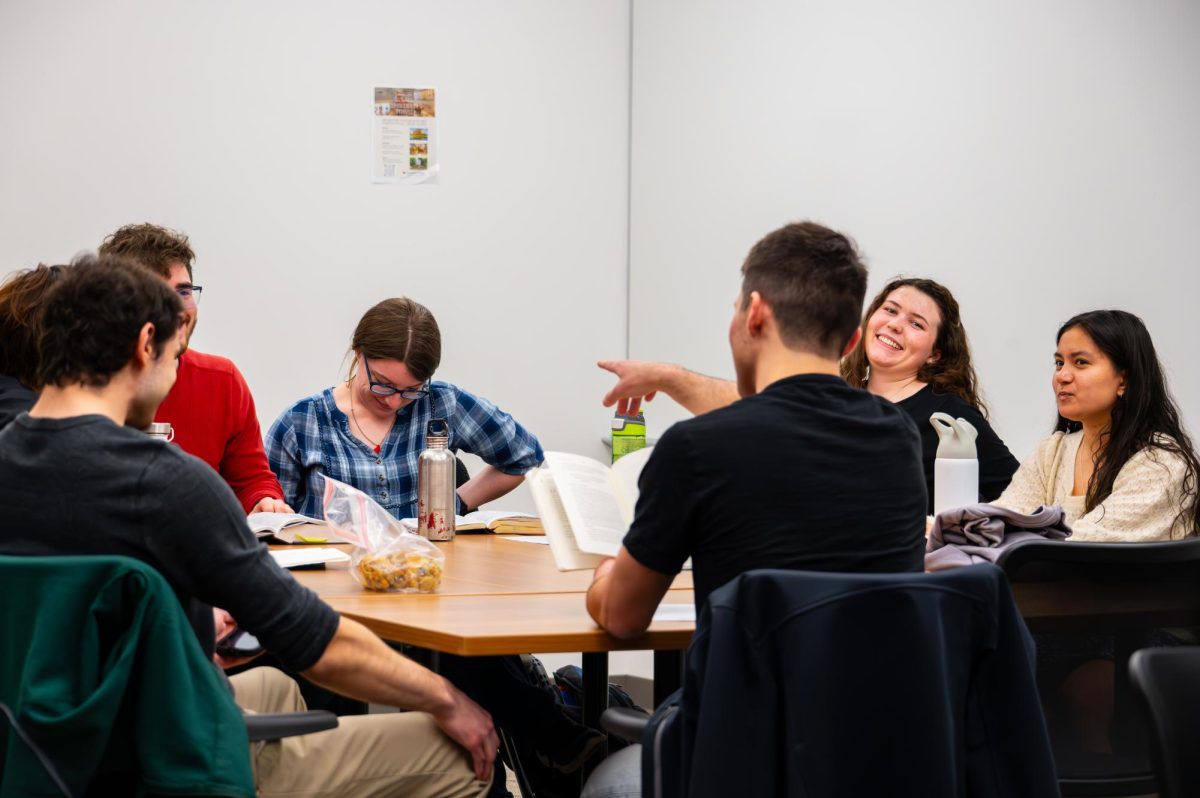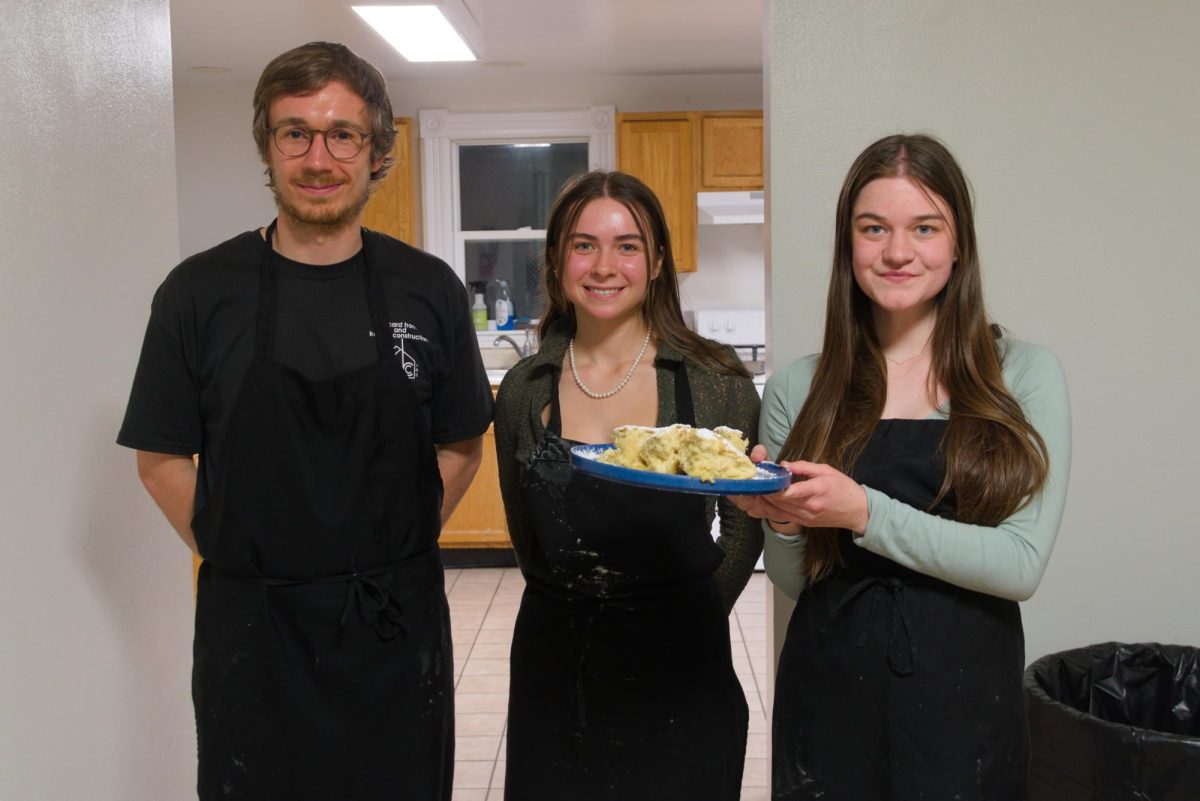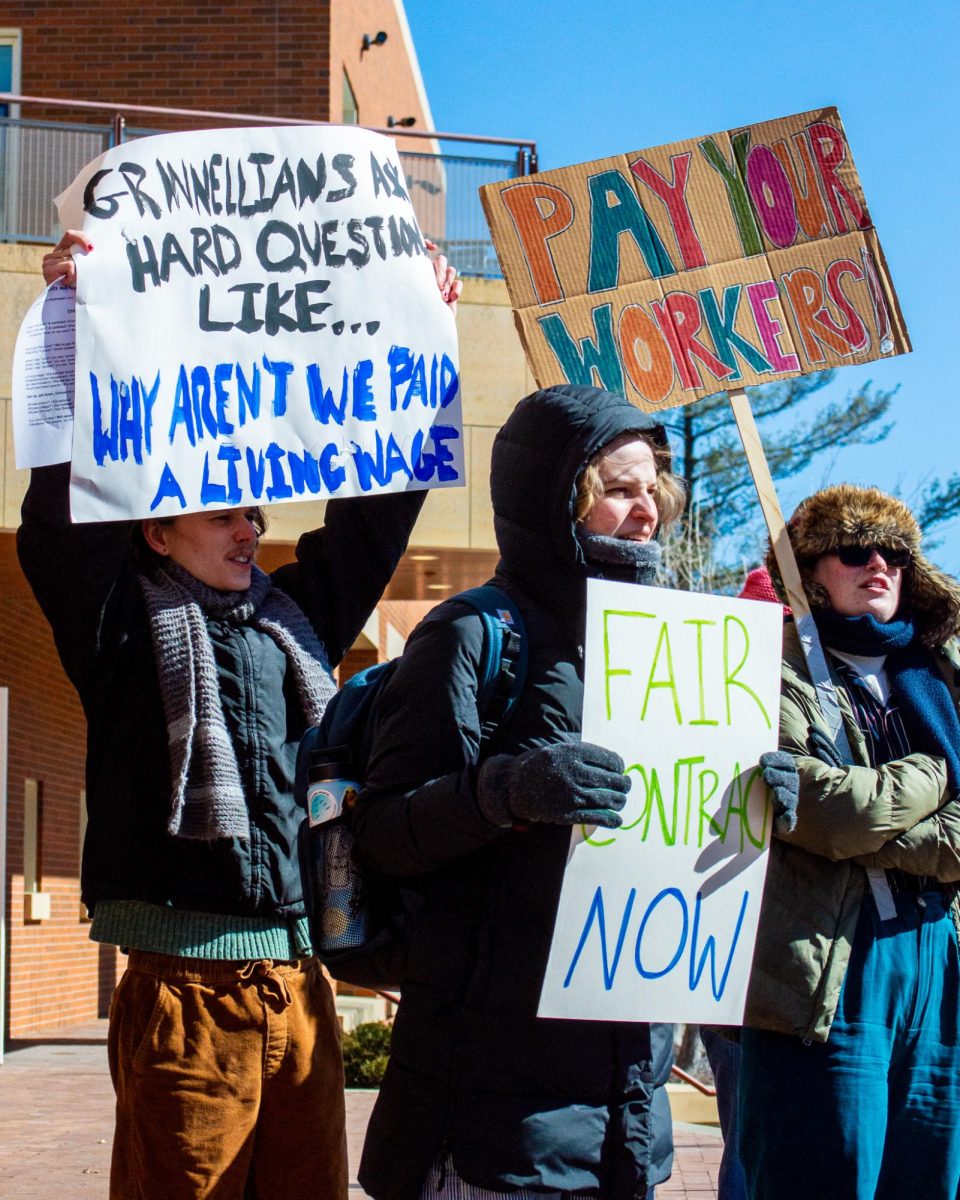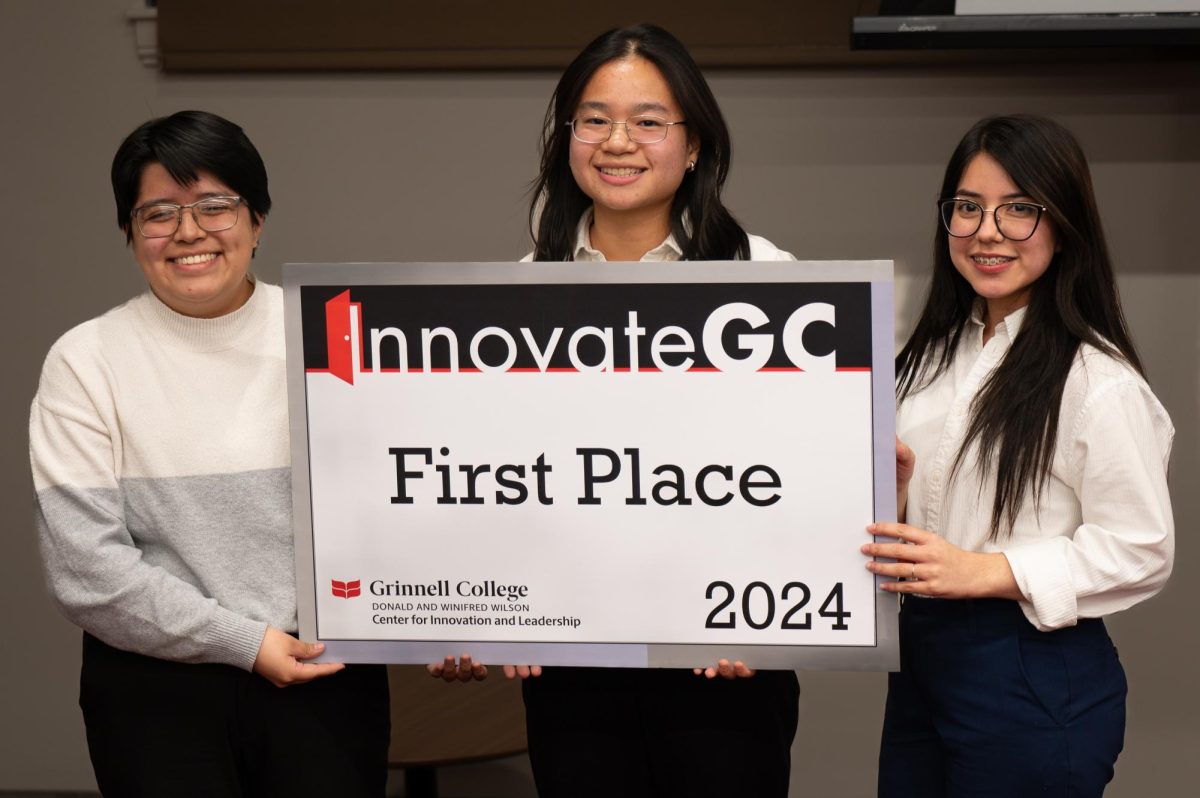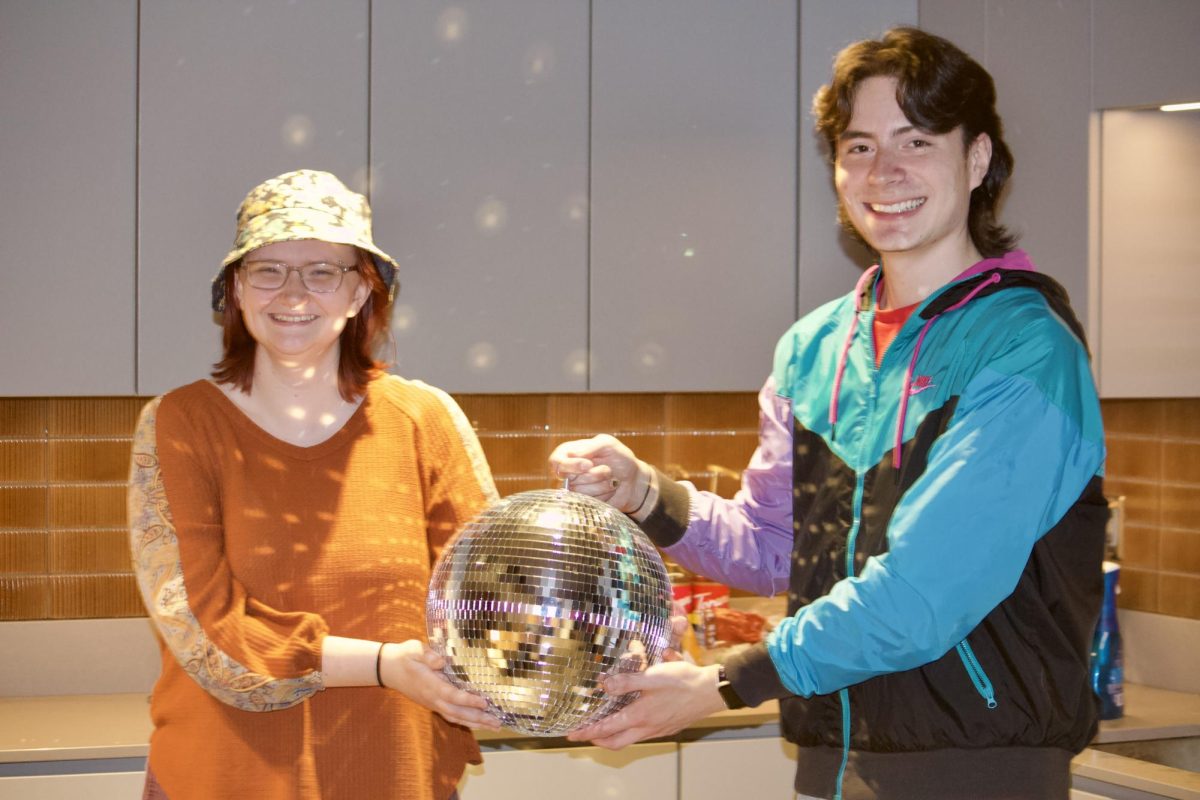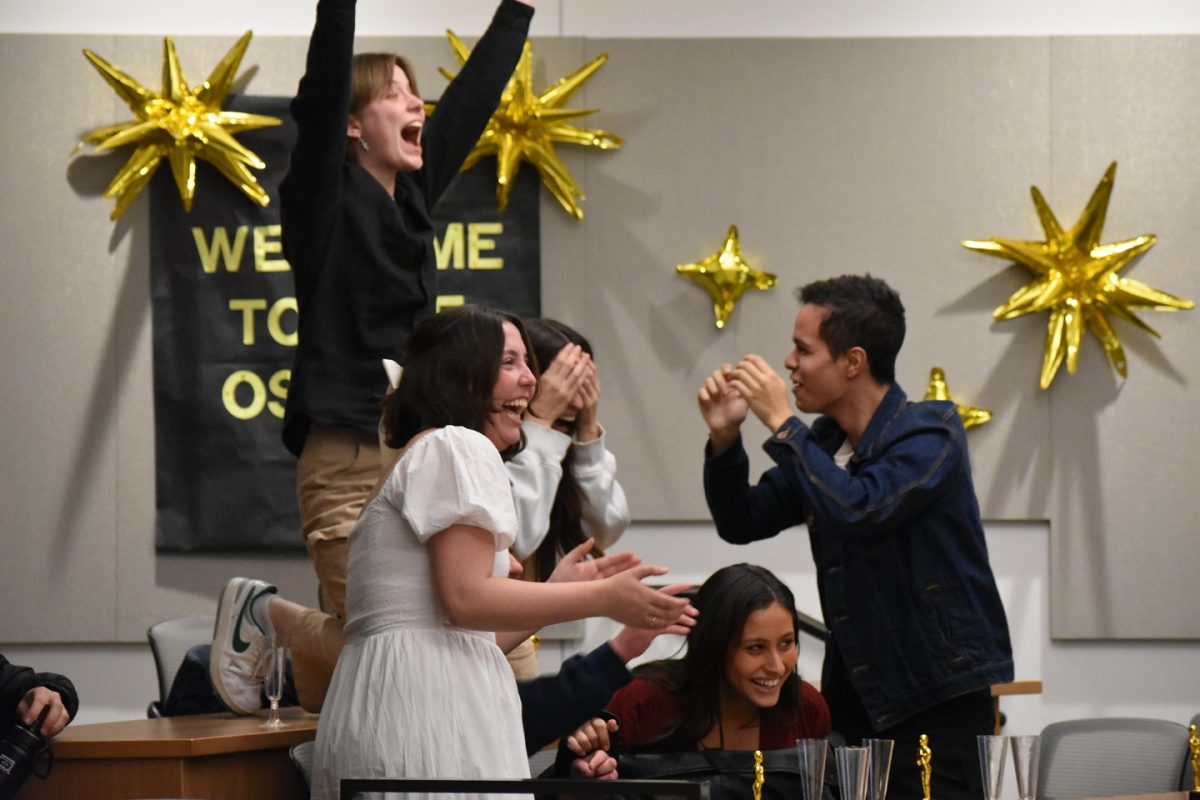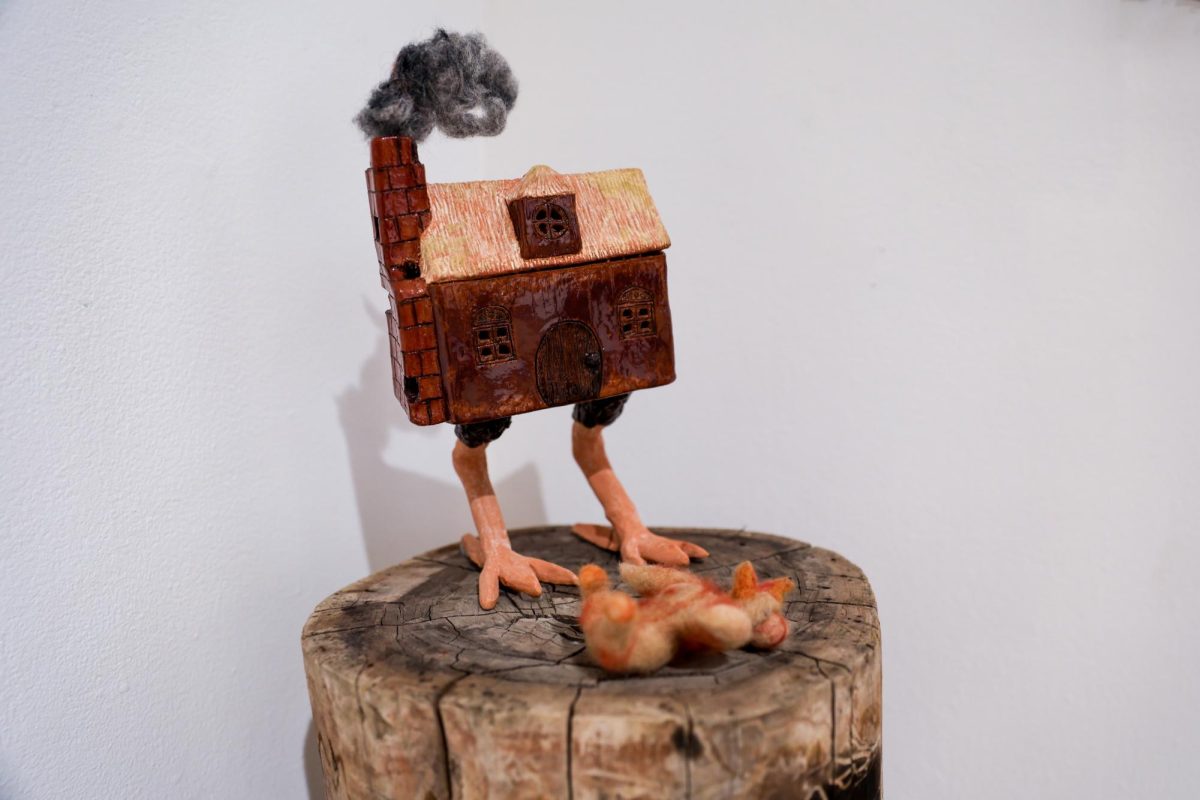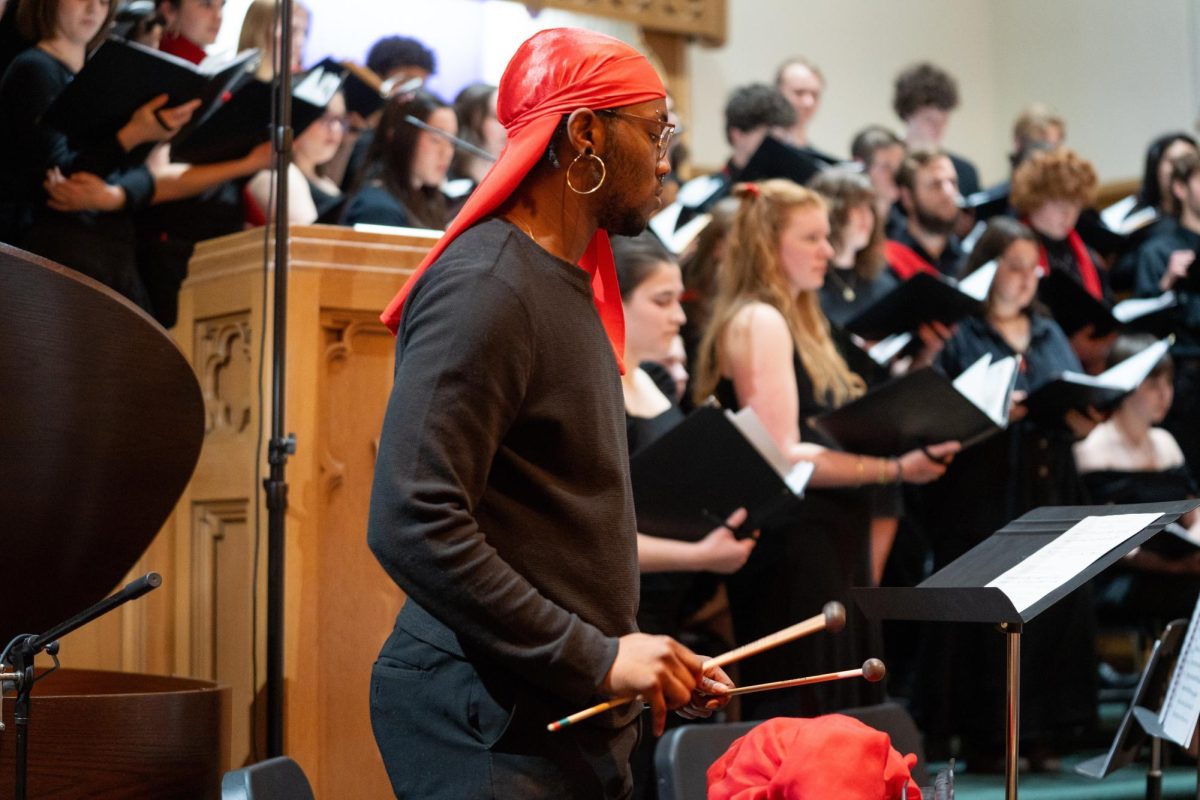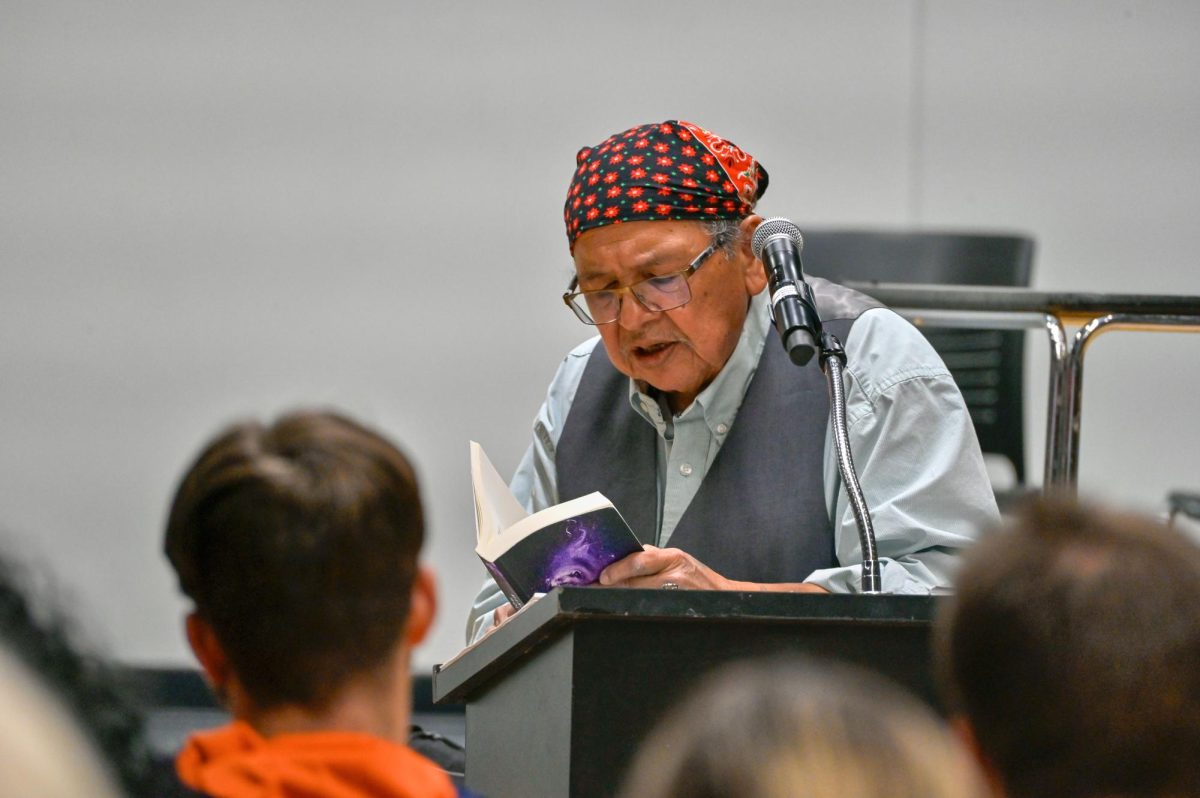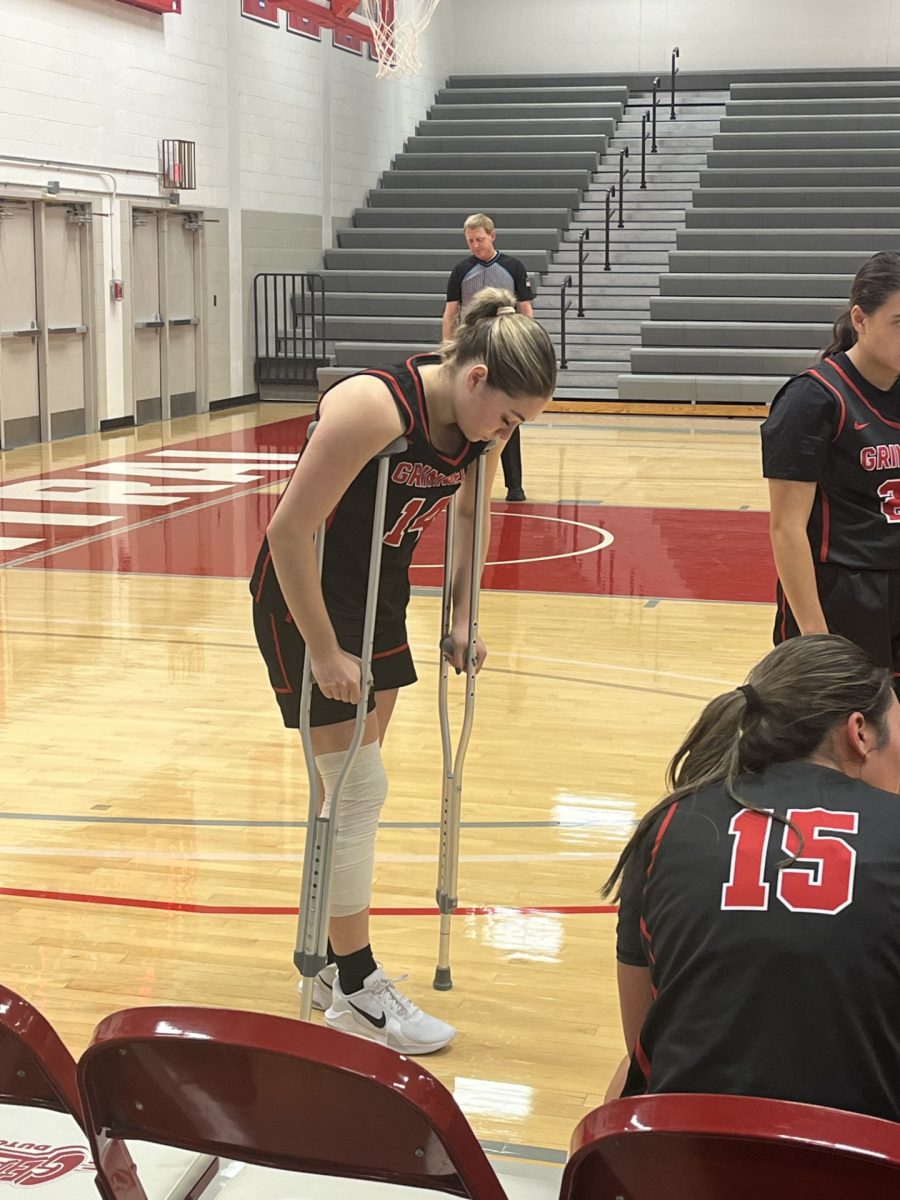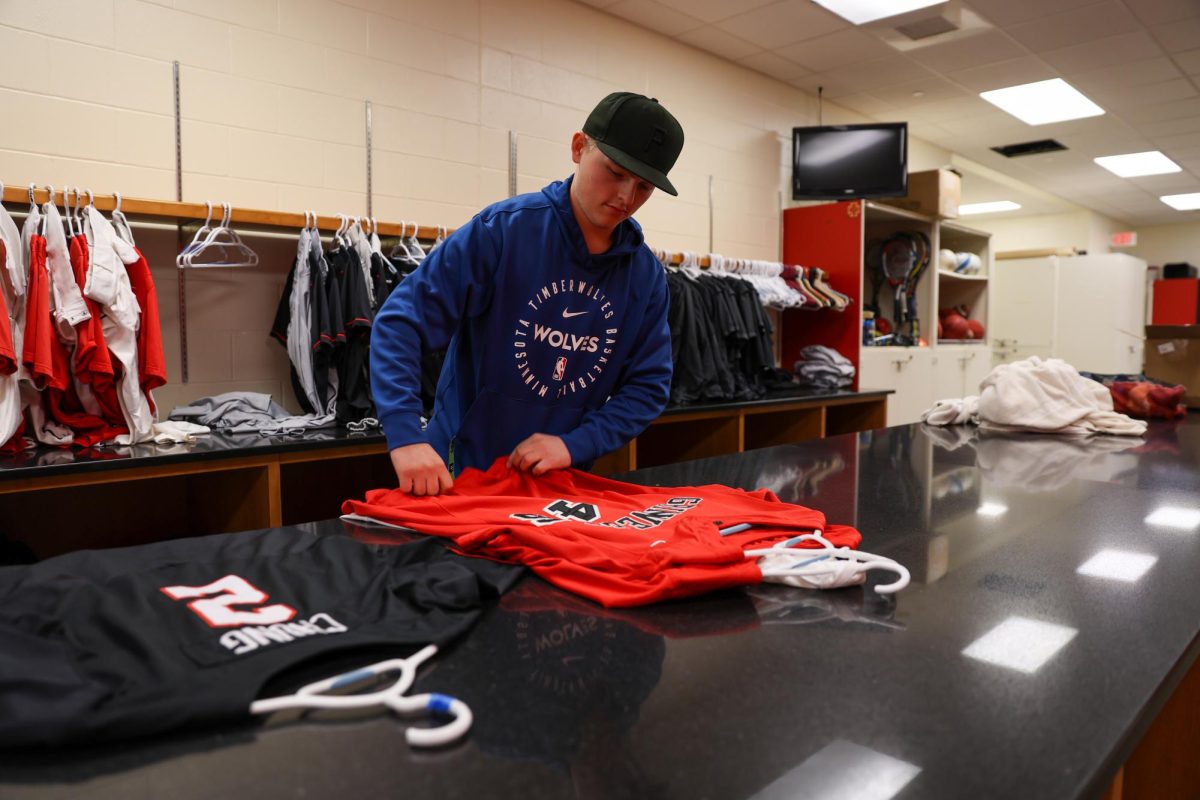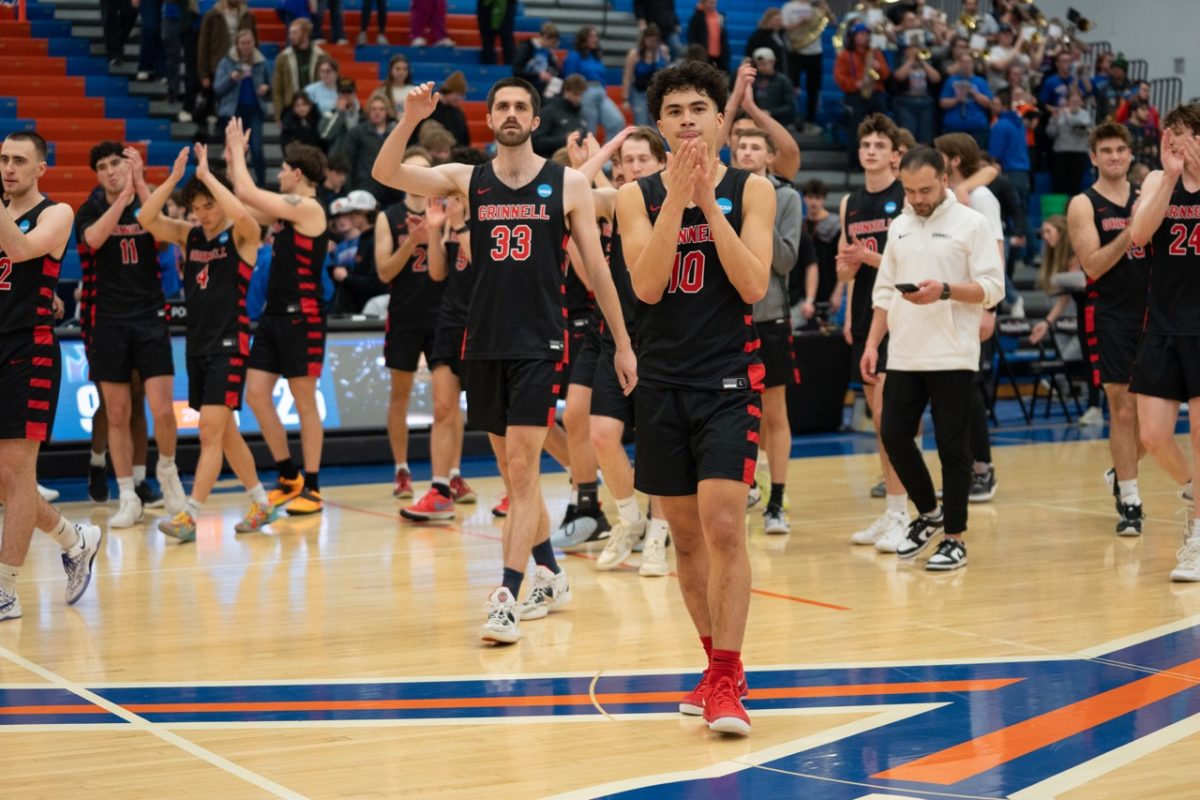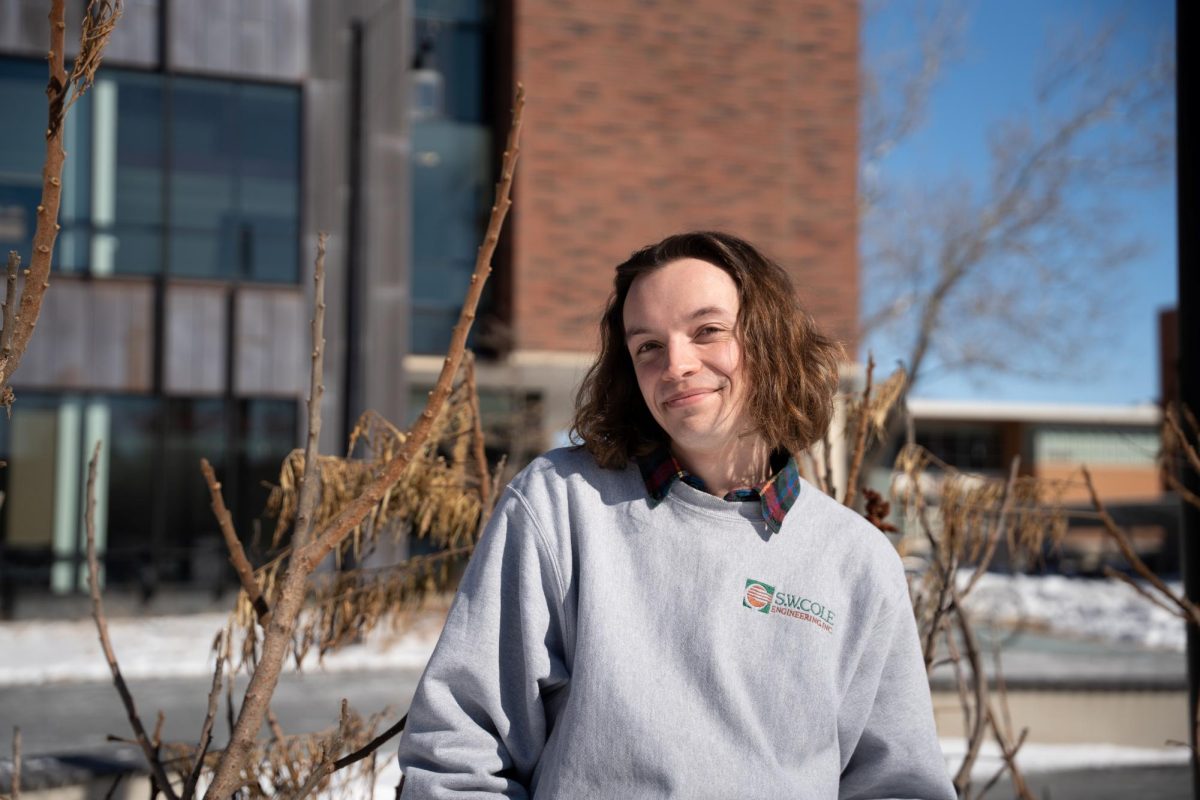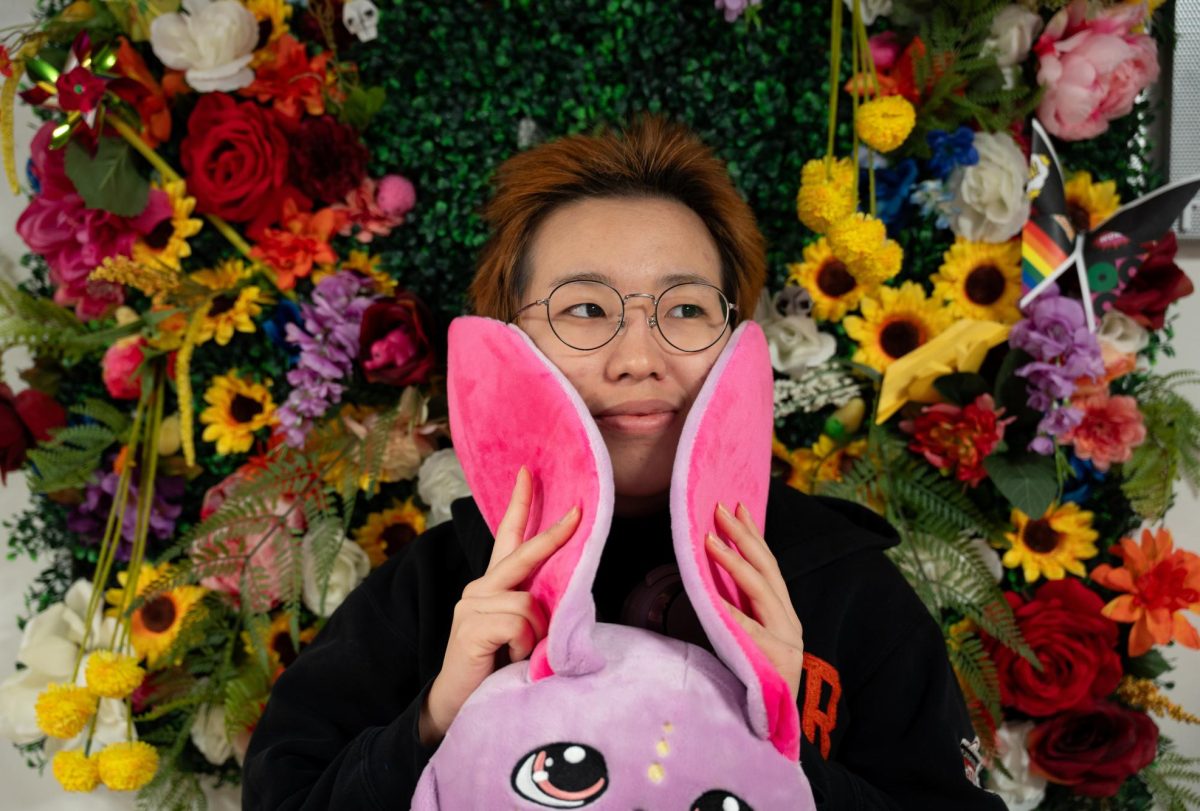Inside Grinnell professor Susan Ferguson’s large Victorian home just outside of campus are several rows of bookshelves lined with vintage alarm clocks. Each clock is forever transfixed in the past, displaying what was meant to be a brief passage of time, now forever frozen. These bookshelves are hints to what lies below the stately home. Callie’s Corner, a vintage store run out of Ferguson’s basement in recent years now remains as a treasure trove of antiques.
Unique art prints, mid-century modern lamps, and French Limoges porcelain line the walls of the large basement, echoing the style changes of a century. Ferguson’s sociological perspective and expert knowledge of antiques have given her an outlet to both interact with the Grinnell community while offering it a slice of history.
In 2011, Ferguson was approached by a friend in town to sell vintage items at a cooperative marketplace downtown, in the building now known as S&S Appliance. “I thought, as a sociologist, it would possibly be a real interesting research project to do an ethnography of a cooperative market,” said Ferguson. The different personalities that ran the market had to collaborate closely in order to function. Ferguson and her colleagues all had their specialized products, and every vendor had to take turns running the cash register, serving customers and maintaining the space.
After a couple years of success, the marketplace closed and moved into the quilt shop in the Mason’s building across the street. When the quilt shop closed, Ferguson made the decision to move her vintage shop into her own basement. “It didn’t make sense to keep trying to rent spaces downtown. You have to sell a lot of little cha cha’s to just make your rent,” said Ferguson.
Ferguson has always been an active member of the Grinnell Community. “I’ve always been a professor who can’t be sitting at a computer all the time,” said Ferguson. While she was becoming established in the academic world publishing books and doing research, Ferguson always felt the need for something else outside of academia. “I need to be with people. To be isolated in an office on a computer all the time doing research doesn’t work for me. Partly because I’m a sociologist, I like to observe and be with people. I also think this social interaction enhances my teaching.”
When Ferguson’s oldest daughter was two, an opportunity presented itself in the form of a preschool. The local Montessori preschool in town had recently closed, leaving behind a need in the community and no one stepping up to meet it. Ferguson along with a group of faculty and staff moms decided to start their own preschool downtown. While still working full-time at the college, Ferguson took on the role as the preschool president; hiring teachers, finding a location, and creating a curriculum.
A couple years later, Ferguson was on a sabbatical and in need of a new off-campus project. Ferguson bought a second house and went to work fixing it up. As a professor immersed in academia, hobbies like flipping a house offered Ferguson a different and welcomed arena of challenges. Ferguson finished the home only to be faced with the 2008 housing crisis, and while Ferguson admits the house was not a smart investment in terms of time, she finds value in the project. “[The house was] very physical labor, and it would get me out of my head, it would get me off my computer … it was what I needed at the time,” said Ferguson.
Ferguson’s mentality on broadening your horizons can apply to anyone. “Anybody who spends a lot of time in the academy or just studying- you need to get out of your head and off your technology. I tell my first year students all the time, go into town, go meet people. Go to the public library, go to the farmer’s market. We have local agriculture groups. The Grinnell Heritage farm or the Grinnell Historical Museum. These experiences of interacting with towns people of different ages provide much more meaning instead of just being with your peers,” said Ferguson.
While the vintage business is centered in the past, Ferguson has found that her business has shown her different perspectives in the present. “I appreciate people from all walks of life. I certainly spend a lot of time on campus with my academic colleagues but I enjoy talking to a construction worker at the Mayflower, or to Ginger who raises eggs and bakes pies, and who I buy from at the Farmers market every week. I really appreciate a variety of people,” said Ferguson.
As for the antiques themselves, Ferguson enjoys the history of objects. In Ferguson’s sitting room rests an old toy. “This old cast iron toy is probably from the turn of the twentieth century, somebody played with it, and it had meaning, and it lasted. It has some sort of sentiment in itself, [unlike a] plastic toy that a kid plays with and breaks.”
Currently, Ferguson sells her items mostly through word of mouth, as the small size of Grinnell cannot support a vintage store like Callie’s Corner. “People also aren’t collecting like they used to. The millennials are less interested in a lot of the older stuff,” said Ferguson. Ferguson still holds regular garage sales however, with one scheduled for the 13th and 14th of September.
Ferguson emphasizes the environmental and economic advantages to upcycling. For those interested in the movement, Ferguson offered this advice. “Connect with individuals in the local community who have similar interests. Support thrift stores that are actually based in the community and giving back to the community like Second Mile…” And importantly, when buying vintage or retro items, “pick out items you like, and mix it up.”
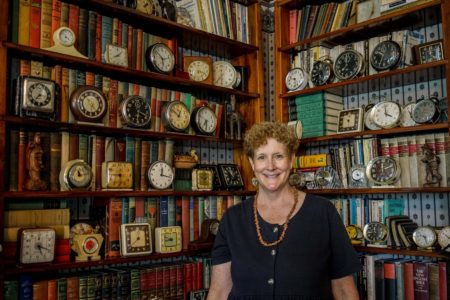
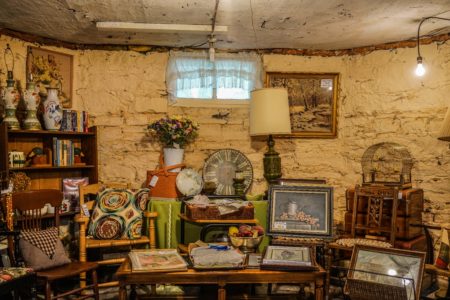
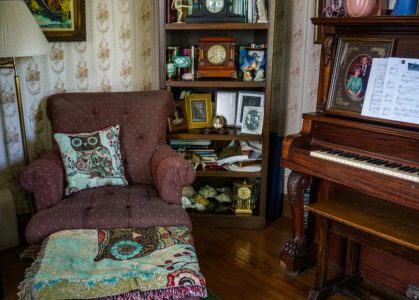
Professor Ferguson stands in front of the vintage clocks in her home. Photos by Alexandra Fontana.

